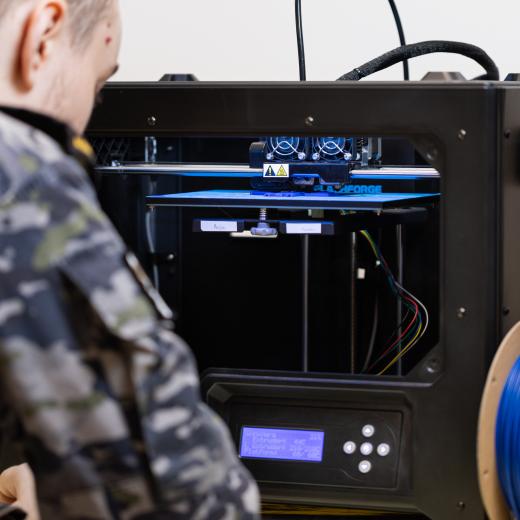BLUF
The Japanese supercomputer the Fugaku—designed to deal with real-world problems such as climate change—is officially three times faster than any of its rivals.Summary
Supercomputers are defined by performance in the following categories:
- raw computational speed
- big data processing
- deep learning with artificial intelligence
- practical simulation calculations
The Fugaku was built with 'an application-first philosophy’ and was designed to tackle climate change by providing more accurate weather predictions. The Fugaku design team focused on nine areas: medicine, pharmacology, disaster prediction and prevention, environmental sustainability, and energy. Developing a supercomputer is not cheap, and the Fugaku cost 1.25B USD. To win the top award, the Fugaku conducted more than 442 quadrillion calculations per second—which is three times faster than the second-fastest computer in the world the USA's Summit System. The Fugaku represents a significant change to supercomputer performance. Think about Australian specific challenges which the Fugaku might be able to help solve.
References
- Mar 2020 OpenGov Supercomputers used to accelerate research on coronavirus cure
- June 2020 Riken Japan’s Fugaku gains title as world’s fastest supercomputer
- June 2020 The Conversation How Australia’s supercomputers crunched the numbers to guide our bushfire and pandemic response
- Dec 2020 Fugaku Web page RIKEN and Fujitsu are jointly developing the world’s top-level supercomputer
- Dec 2020 USArmy Army researchers acquire two new supercomputers
- Jan 2021 EasyTechJunkie What is a Supercomputer?
- Jan 2021 Industry Week Can a Supercomputer Boost Efficiency?





